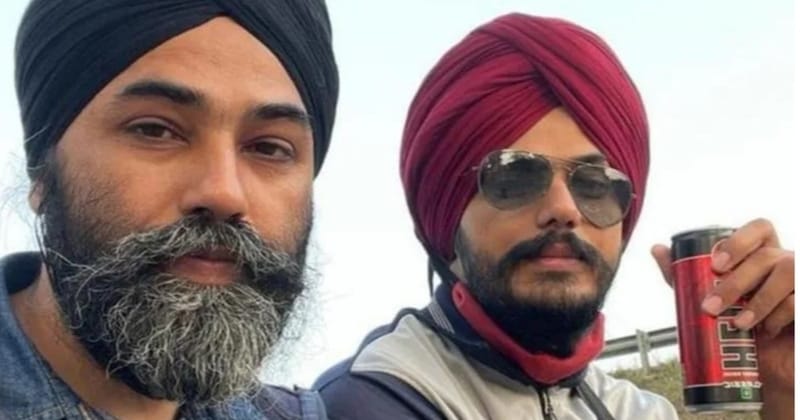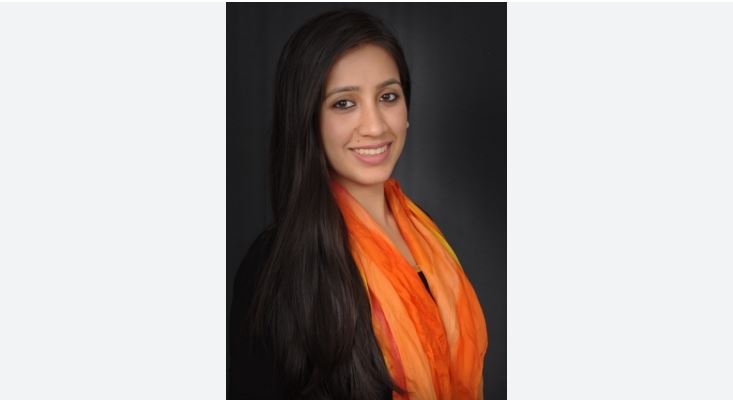
BLOOMINGTON, Ind.: Omar Gama hopes to one day be a bank manager or a CEO. His twin brother, Erick, wants to be an interior designer in Chicago.
But, first, they need to graduate – a task, they said, that has become difficult after a 2011 Indiana law began requiring students to verify their citizenship. The law prevents students like the Gamas, who came from Mexico but have lived in Indiana since fifth grade, from paying in-state tuition.
“I know my parents pay taxes, so they are paying taxes toward IU, but we don’t get to pay in-state tuition,” Erick told The Herald-Times. “We have been here over half of our lifetime.”
The brothers’ struggle to complete their degrees highlights a gap between the reach of President Barack Obama’s new immigration policy and what decisions are still left up to individual states like Indiana.
Under the new federal rules, which went into effect Aug. 15, the Gamas can now apply for two-year work permits. The program also prioritizes deporting dangerous criminals, while offering deferment to young immigrants who have no criminal record and who are in school or serving in the military. But whether an immigrant who can’t prove citizenship can pay in-state tuition or get a driver’s license are decisions still left up to the state.
The policy addresses two fears the Gamas said they have lived with most of their lives: being deported to a country they barely remember, and losing their chance at a good education.
On May 9, 2011, both of these fears became very real possibilities.
The brothers, along with three other students, were arrested after staging a short sit-in at Gov. Mitch Daniels’ office in Indianapolis. Daniels was set to approve the new law requiring the citizenship verification.
“The whole idea was just to talk to Governor Daniels about our story and how signing the law would affect our lives and all the lives of undocumented students,” Omar said.
The story Erick and Omar wished to share with Daniels began in 2002. Their parents brought the brothers to Indiana because their father had serious concerns about Mexico’s education system, Omar said.
After struggling at first to learn English, the brothers began excelling in school and were both accepted to IU. Completing college, the Gamas said, would be the culmination of everything they and their parents have worked toward and risked for more than a decade.
But the brothers did not get the chance to share that story with Daniels. After the group, who were all wearing graduation gowns, decided to stay seated until the governor would meet with them, they were arrested for trespassing.
“They took us through the back so our supporters in the lobby couldn’t see us, and they put us in vans and took us to the processing center,” Erick said.
The Gamas spent nearly three days in custody. They learned during that time that Immigration and Customs Enforcement officers considered deporting them.
“Through all of it, all I kept thinking about was my education,” Erick said. “About how it was going to go to waste. I was getting deported from home and my education.”
The Gamas were not deported, and their sentence was deferred upon the condition they take a class and complete 24 hours of community service. While they were in jail, HB 1402 was signed into law. The Gamas’ tuition, which they pay for out of pocket, more than doubled.
The brothers became part-time students at IU and took some of their classes online with Ivy Tech Community College. Now beginning their senior year, the Gamas said they know they won’t graduate on time.
Omar has moved back home to Indianapolis to save money by taking cheaper classes at IUPUI while living with his parents. When he completes the required courses also offered at IUPUI, he plans to return to IU, where he was studying public management.
Erick remains at IU studying interior design. Both are still part-time students.
They have received some help, Erick said. They each received $500 after people heard about their arrests. Boxcar Books, a nonprofit bookstore in Bloomington, gives students who can’t prove citizenship free textbooks.
“It’s a big help,” Erick said.
Erick and Omar both plan on applying to the new program for work permits, but they said they would have kept working toward their degrees even without a guaranteed chance at a job.
“Even some of my family back in Mexico asked me what I was going to do after college without a permit,” Omar said. “I was like, `You know what? I’ll worry about that after college.’ I wanted to finish my education. I knew I wanted to have my degree.” -AP






